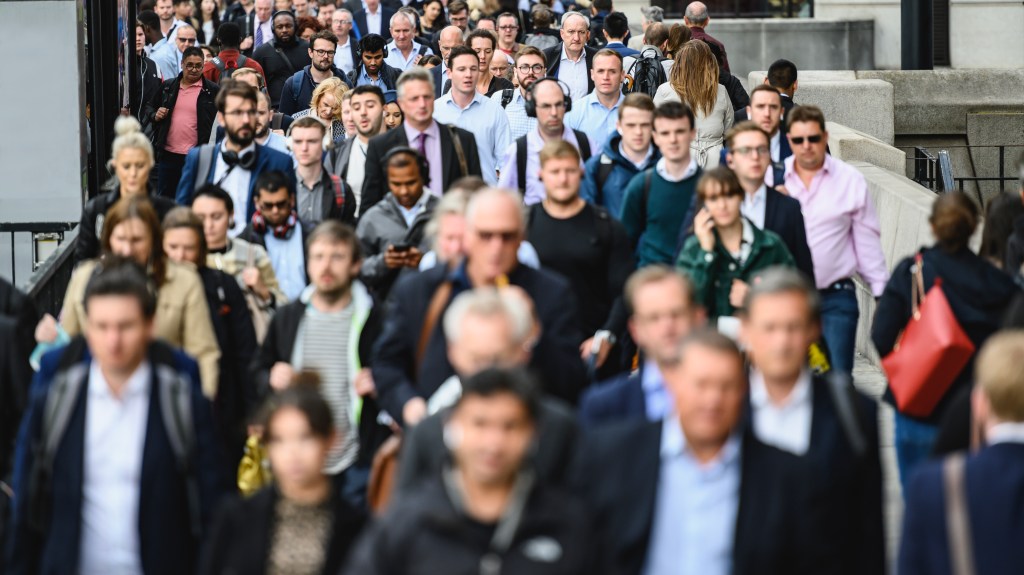Concerns Over Payroll Tax and Workers’ Rights Bill Impacting Hiring Revival
A recent survey indicates that the anticipated resurgence in hiring is precariously positioned due to employers’ anxieties regarding the potential negative impacts of payroll tax increases and the government’s upcoming workers’ rights legislation.
The Recruitment & Employment Confederation (REC) noted a rise in their short and medium-term hiring intentions index over the three months leading to April, despite persistent apprehensions surrounding sluggish economic growth. This suggests that the labor market has remained resilient in the wake of earlier employment tax hikes and an increase in the minimum wage implemented in April.
The predicted surge in hiring is contingent upon the economy’s trajectory following a GDP growth of 0.7 percent during the first quarter of the year. According to the REC, “The possibility of a sustained recovery in hiring this year exists, but it is precariously balanced due to employers’ concerns regarding economic stability.”
Over the last three months, the economic confidence index fell by 12 points to a net minus 35, while investment intentions also declined by 5 points, reaching minus 9.
Kate Shoesmith, deputy chief executive of the REC, stated, “Businesses are recognizing potential opportunities but are also aware of the risks. While improving hiring intentions signal a potential jobs comeback this year, the extent of recovery is largely dependent on alleviating the economic and political challenges faced by businesses.”
As of early April, the primary rate of employers’ national insurance contributions (NICs) increased from 13.8 percent to 15 percent, with the income threshold triggering this charge dropping from £9,100 to £5,000, resulting in a significant £25 billion tax hike for employers. Last month also saw a 6.7 percent increase in the minimum wage.
These policy adjustments are expected to disproportionately impact sectors employing a larger number of low-paid and part-time workers, such as retail and hospitality.

Following the announcement of the tax increase by Chancellor Rachel Reeves during the October budget, private sector surveys have suggested a tendency among businesses to reduce hiring in light of escalated NIC payments. However, analysts have cautioned that these surveys might heavily reflect negative hiring sentiments rather than actual recruitment actions, potentially exaggerating the adverse effects of the NIC rise, which constitutes less than 1 percent of GDP.
The government’s Employment Rights Bill, currently being reviewed by the House of Lords, aims to significantly enhance workers’ rights by improving sick pay access, promoting trade union membership, and providing clearer guidelines on work hours, among other provisions.
Nevertheless, business organizations like the Confederation of British Industry have expressed concerns that this legislation could limit employment opportunities by increasing hiring and retention costs. The Trades Union Congress has dismissed these assertions as alarmist, citing similar concerns prior to the introduction of the minimum wage in the late 1990s.
Shoesmith stated, “Ensuring the Employment Rights Bill is well-crafted will be beneficial. Companies seek assurance that the implementation of the Bill does not lead to increased expenses and complexities for both businesses and workers.”
Official data from the Office for National Statistics reveals a notable decline in job vacancies from a post-pandemic peak of 1.3 million in mid-2022 to 761,000 in the three months leading to April.
Although unemployment remains low at 4.5 percent, the ONS data is affected by inaccuracies stemming from a significant drop in response rates to the survey that produces the monthly labor market overview.




Post Comment